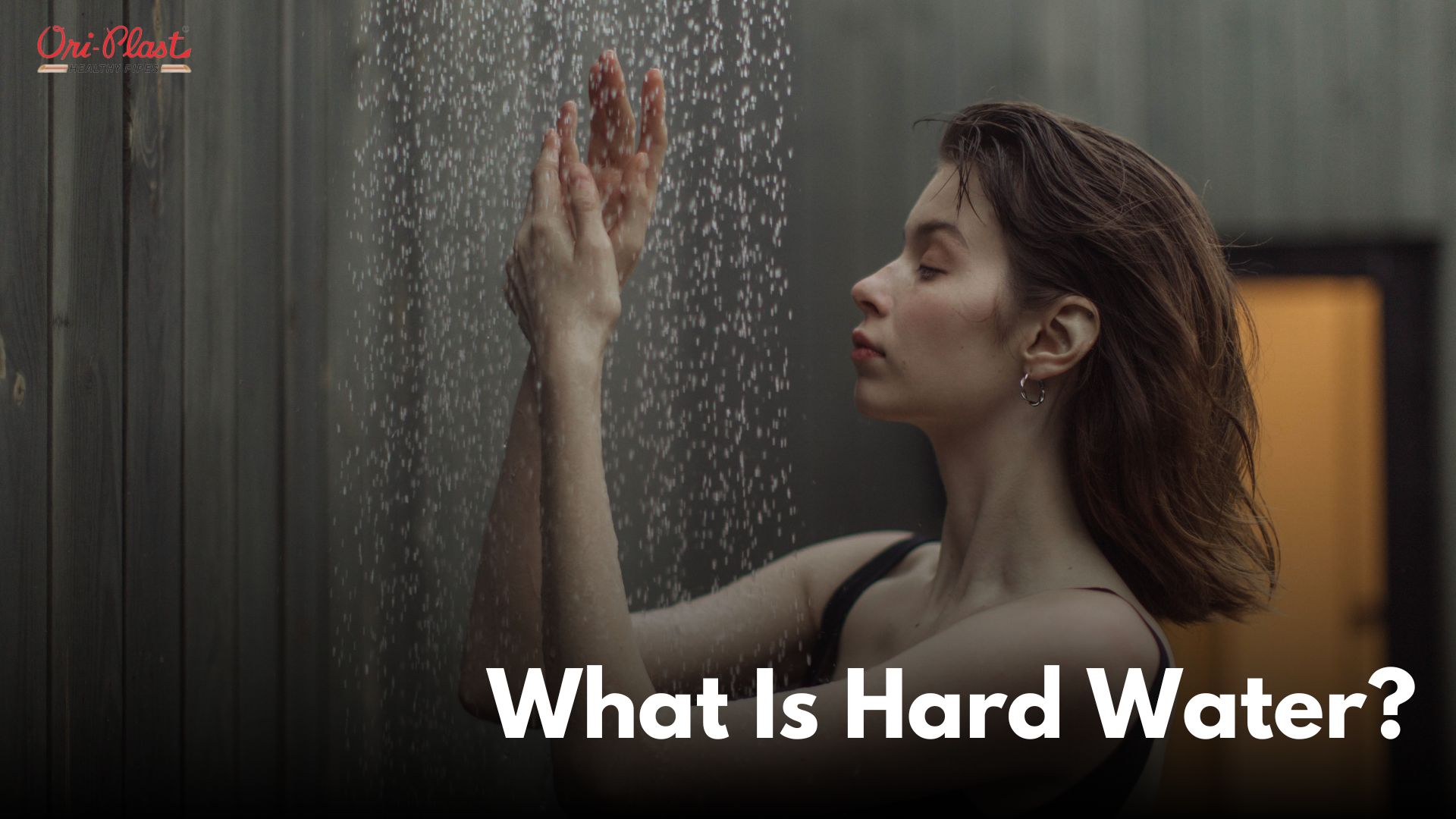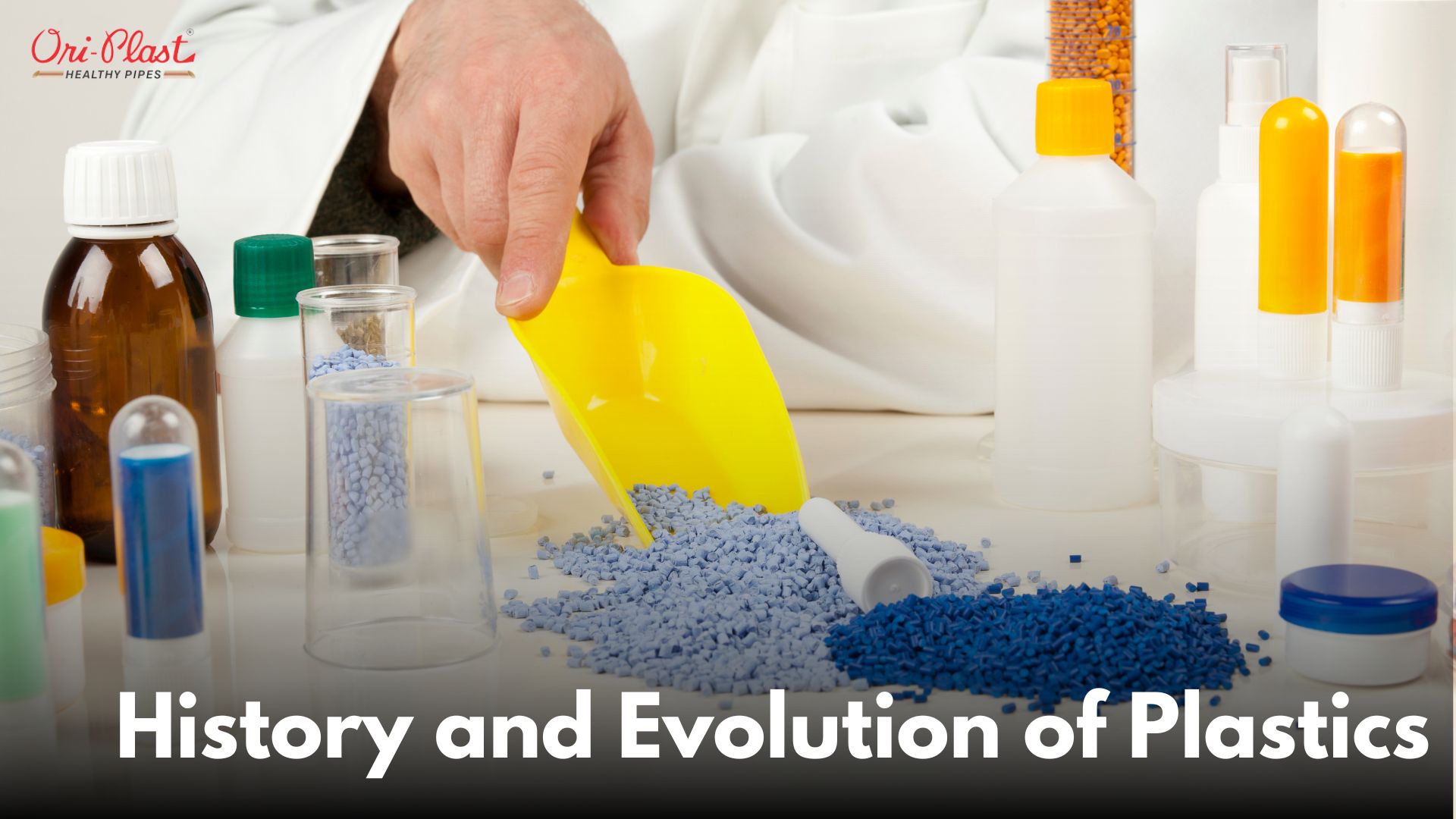Have you ever noticed spots on your glasses or a sticky feeling on your skin after a shower? You might be dealing with hard water. Let’s dive into signs of hard water, why it matters, and how it affects your daily life.
What Exactly Is Hard Water?
Hard water is simply water that contains high levels of minerals, mainly calcium and magnesium. When water moves through rocks, soil, and deposits, it picks up these minerals, making it "hard." The higher the concentration of minerals, the harder the water becomes.
Most people don’t even realize they have hard water unless they start noticing some effects around the house, like water spots on dishes or scale buildup in pipes. It's pretty common, especially in areas with a lot of limestone or chalk deposits.
Why Does Hard Water Happen?
Hard water occurs naturally, usually based on the water source. As rainwater travels through the ground, it dissolves minerals along the way. The more minerals the water encounters, the "harder" it gets.
Geography plays a big role in whether you have hard water. If you live in a place where the groundwater flows through limestone or gypsum-rich regions, you're more likely to have hard water. That’s why some areas have more issues with it than others.
What Are the Signs of Hard Water?
You might understand the signs of hard water if you notice any of the following:
- White spots on dishes after washing them, especially glassware.
- Stiff, scratchy clothes coming out of the laundry.
- Soap not lathering properly when washing hands or in the shower.
- Skin and hair feel dry or sticky after bathing.
- Scale buildup in kettles, coffee makers, or water heaters.
- Clogged pipes or reduced water pressure over time.
These signs can start small but become more noticeable the longer used in the home. They’re all linked to the high mineral content, which interacts with soaps, fabrics, and pipes in ways that soft water doesn’t.
What Problems Does Hard Water Cause?
Hard water isn’t usually harmful to your health, but it can cause several problems in your home, ranging from annoying to costly:
- Soap Inefficiency: Hard water doesn’t interact well with soap, leading to less lather and a film left behind on dishes, skin, and clothing. This can leave everything feeling less clean than it actually is.
- Scale Buildup: The minerals in hard water can build up inside pipes, water heaters, and appliances like dishwashers and washing machines. This scale buildup can reduce the efficiency of these systems and even cause them to break down earlier than expected.
- Dry Skin and Hair: Bathing in hard water can leave your skin and hair feeling dry, as the minerals make it harder to rinse off soap, leaving behind a residue. Over time, this can irritate sensitive skin.
- Limescale Stains: You’ll often find white or chalky stains on your sink, showerheads, and faucets. These limescale deposits are tough to remove and can make cleaning feel like a constant battle.
What Is the Difference Between Hard and Soft Water?
The main difference between hard and soft water is the mineral content. Soft water contains fewer dissolved minerals, especially calcium and magnesium. This means it interacts differently with soap and doesn’t cause the same buildup of scale.
Soft water lathers easily with soap, rinses off quickly, and leaves fewer spots on dishes or skin. In homes with water softeners, you’ll notice a smoother feel to the water when washing or bathing.
Why Should You Care About Hard Water?
Hard water might seem like a minor inconvenience, but it can have long-term effects on your home and even your health. The more time you spend living with hard water, the more likely you’ll notice:
- Higher energy bills: Appliances like water heaters work harder when they have to deal with scale buildup. This extra strain uses more energy.
- Frequent appliance repairs: Hard water can damage dishwashers, washing machines, and kettles, leading to more repairs and replacements over time.
- Dull skin and hair: The constant film left behind by hard water can make your skin and hair look less vibrant and feel less healthy.
What Can You Do About Hard Water?
There are several ways to combat hard water, from small fixes to more permanent solutions.
- Water Softening Systems: The most effective way to deal with hard water is by installing a water softener in your home. These systems remove the excess minerals from your water, turning hard water into soft water. Water softeners use salt or potassium to neutralize the calcium and magnesium.
- Descaling Agents: For a short-term fix, descaling agents can be used to remove mineral buildup from appliances like coffee makers or dishwashers. These products help break down the scale and make cleaning easier.
- Vinegar and Baking Soda: You can also use household items like vinegar and baking soda to clean away hard water stains on faucets, sinks, and showerheads. The acidic nature of vinegar helps dissolve the minerals, while baking soda acts as a gentle scrub.
- Shower Filters: If your hair and skin are suffering from hard water, installing a shower filter can help reduce the impact of the minerals. These filters are designed to trap some of the calcium and magnesium before the water reaches your skin.
What Are the Health Effects of Hard Water?
The good news is that hard water isn’t dangerous to drink or use for cooking. In fact, the extra minerals can provide a small boost of calcium and magnesium to your diet. Some studies suggest that hard water might even have some health benefits due to these minerals.
However, for people with sensitive skin or eczema, hard water can cause irritation and dryness. The minerals make it harder to fully rinse off soaps and shampoos, which can lead to itching and discomfort over time.
When Should You Consider Fixing Hard Water?
If the signs of hard water are becoming a major nuisance, it might be time to consider a permanent solution. Here are some situations where addressing hard water can make a big difference:
- High water bills: If your appliances are working overtime because of scale buildup, you’ll see an increase in your water and energy bills.
- Frequent appliance breakdowns: Constant repairs on water-using appliances like washing machines or dishwashers might be a signs of hard water is causing damage.
- Uncomfortable skin and hair: If you’re dealing with dryness or irritation after bathing, switching to soft water could improve your skin and hair health.
What’s the Bottom Line on Hard Water?
Hard water is a common issue that many people deal with daily. While it’s not harmful to your health, it can be a headache for your home and appliances. From soap inefficiency to scale buildup, the effects of hard water can add up over time.
By recognizing the signs and taking steps to address it—like installing a water softener or using descaling agents—you can reduce the negative impact hard water has on your home and health.
Frequently Asked Questions (FAQs) About Hard Water
1. What Is Hard Water and Why Does It Matter?
Hard water is water that contains high levels of minerals, mainly calcium and magnesium. It can cause scale buildup in pipes, dry skin, and soap scum. While it's not harmful to health, it can lead to costly appliance repairs and cleaning difficulties.
2. How Can I Tell If I Have Hard Water?
You may have hard water if you notice white spots on dishes, soap not lathering well, dry skin and hair, or scale buildup on faucets and appliances. A water hardness test kit can provide confirmation.
3. Is Hard Water Bad for Your Health?
No, hard water is safe to drink. In fact, the extra calcium and magnesium can be beneficial. However, it may cause skin dryness or irritation for some people.
4. What Problems Can Hard Water Cause?
Hard water can cause:
Soap inefficiency, making it hard to clean dishes, clothes, and skin.
Scale buildup in appliances like water heaters, reducing efficiency.
Limescale stains on faucets and showerheads.
5. How Do You Fix Hard Water?
The best way to deal with hard water is to install a water softener, which removes excess minerals. You can also use descaling agents, vinegar, or shower filters to minimize its effects.
6. Can Boiling Water Remove Hard Water?
Boiling only removes temporary hardness (bicarbonates), not permanent hardness (sulfates or chlorides). A water softener is a more effective long-term solution.
7. Does Bottled Water Have Hard Water?
It depends on the brand. Some bottled waters contain high mineral content, making them hard, while others undergo filtration to remove minerals. Check the label for calcium and magnesium levels.
8. Can I Soften Water Without a Water Softener?
Yes! You can use:
Vinegar to remove limescale from surfaces.
Shower filters to reduce skin and hair dryness.
Citric acid-based water conditioners for laundry.




